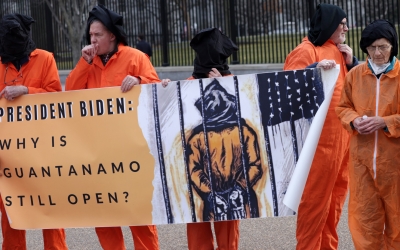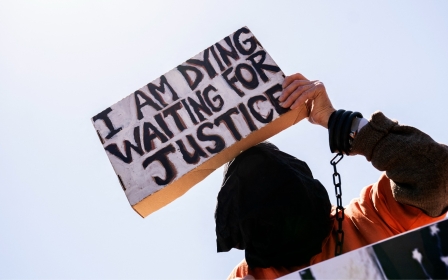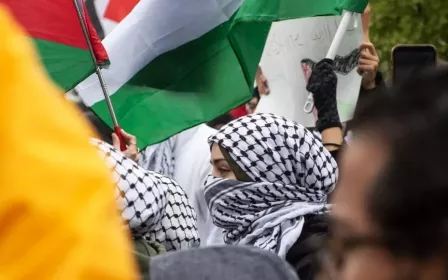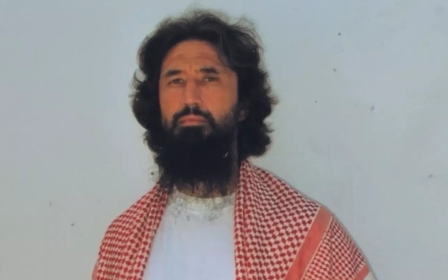Court rules Lithuania must compensate Saudi man held at CIA 'black site'
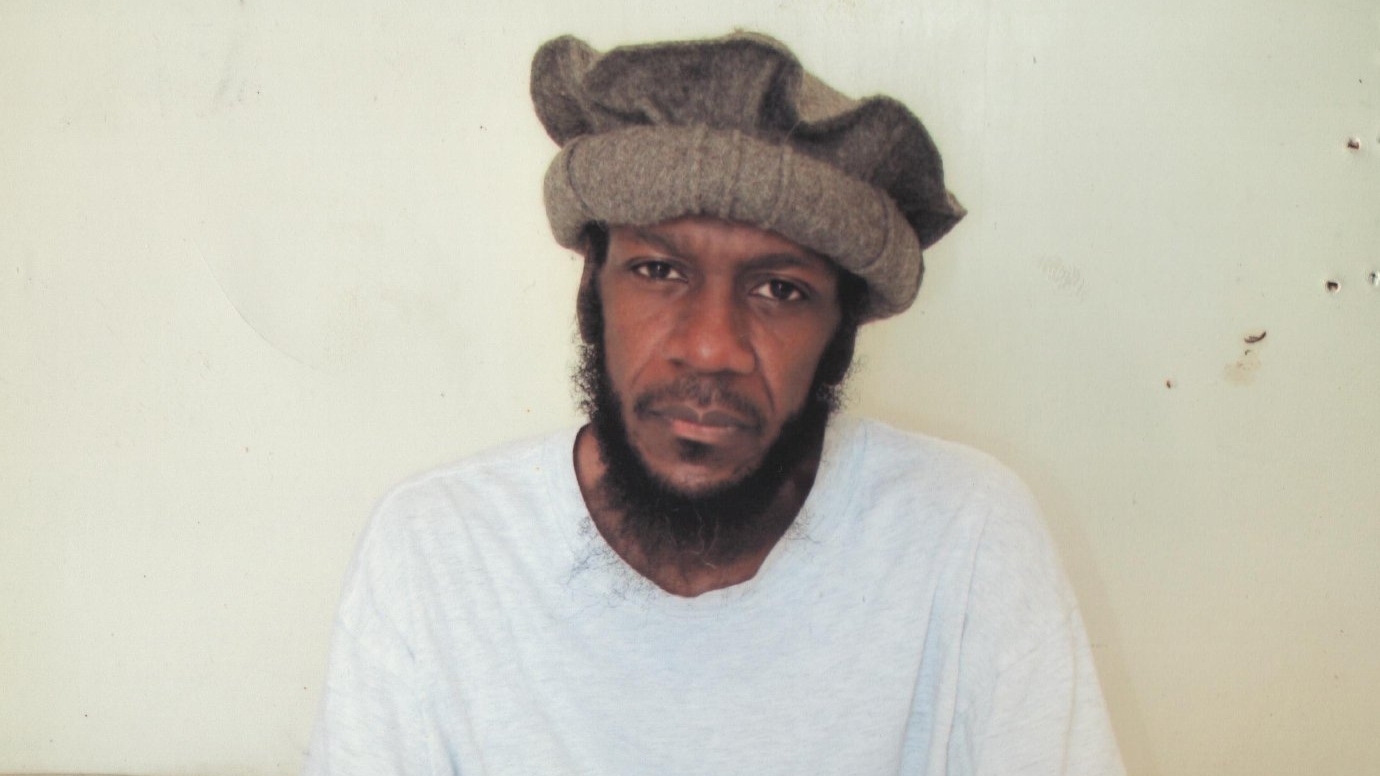
A court has ordered Lithuania to pay €100,000 ($108,660) to a Guantanamo detainee who was subjected to inhumane treatment at a CIA “black site” on its territory in the aftermath of the 9/11 attacks.
Mustafa al-Hawsawi, a Saudi Arabian national, would have faced “an extremely harsh detention regime” at the prison facility in Lithuania, where practices included solitary confinement, continuous use of leg shackles and exposure to noise and light, the European Court of Human Rights found.
Lithuanian authorities, the court ruled, would have been aware of the ill treatment Hawsawi would face at the prison - codenamed Site Violet - and violated his rights by cooperating with the CIA, including by allowing his transfer to another CIA site.
In addition to compensating Hawsawi, who remains in Guantanamo, Lithuania was ordered to thoroughly investigate his case, which the court said it had failed to do for years.
The judgment is the latest in a string of European Court rulings against countries involved in the CIA's secret detention programme, including Italy, Poland, Romania and the former Yugoslav Republic of Macedonia.
New MEE newsletter: Jerusalem Dispatch
Sign up to get the latest insights and analysis on Israel-Palestine, alongside Turkey Unpacked and other MEE newsletters
Chris Esdaile, a legal adviser at Redress, an organisation which brings legal cases on behalf of survivors of torture and which is representing Hawsawi, said despite the serious human rights abuses committed through the programme and the court's decisions, much work remains.
"The limited investigations that have been undertaken into the abuses have largely failed to ensure the accountability of individual perpetrators, or those in senior political leadership who turned a blind eye in the US and Europe," Esdaile said.
Cases before UK courts
Hawsawi was captured in Rawalpindi, Pakistan, in March 2003 alongside alleged 9/11 ringleader Khalid Sheikh Mohammed and handed over to the CIA. He was then held in several CIA secret prisons where he was interrogated and tortured.
According to a US Senate report into the CIA torture programme, at one detention facility in Afghanistan, Hawsawi was subjected to rectal examinations conducted with such “excessive force” that he was left with severe injuries and ongoing health issues.
The report noted that Hawsawi was among detainees subjected to other CIA “enhanced interrogation techniques, despite doubts and questions surrounding their knowledge of terrorist threats and the location of senior al-Qaeda leadership”.
US authorities did not acknowledge his detention until after he was transferred to Guantanamo Bay in September 2006.
He is one of five Guantanamo detainees facing the death penalty over their alleged involvement in the 9/11 al-Qaeda attacks in the United States in September 2001.
The case is one of a number brought on behalf of Hawsawi and other Guantanamo detainees in European countries.
A British court is currently hearing cases brought on behalf of Hawsawi and a second Guantanamo detainee, Abd al-Rahim al-Nashiri, accusing UK intelligence agencies of conspiring with US officials in the CIA-run programme.
In December, the UK's Supreme Court ruled that Abu Zubaydah, another suspected senior al-Qaeda figure, could sue the UK government over allegations that British intelligence services asked the CIA to put questions to him while he was tortured in the agency's secret sites.
The European Court of Human Rights has previously ruled that Poland, Lithuania and Romania violated the rights of Nashiri and Zubaydah by allowing the CIA to torture them at black sites on their territory.
Middle East Eye delivers independent and unrivalled coverage and analysis of the Middle East, North Africa and beyond. To learn more about republishing this content and the associated fees, please fill out this form. More about MEE can be found here.


